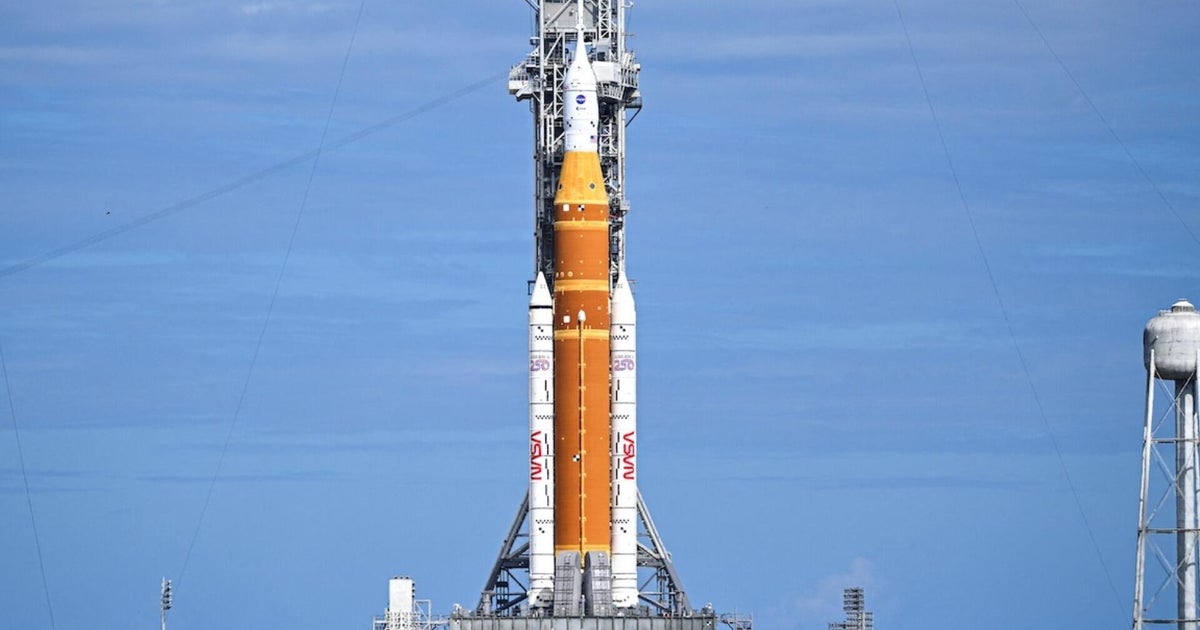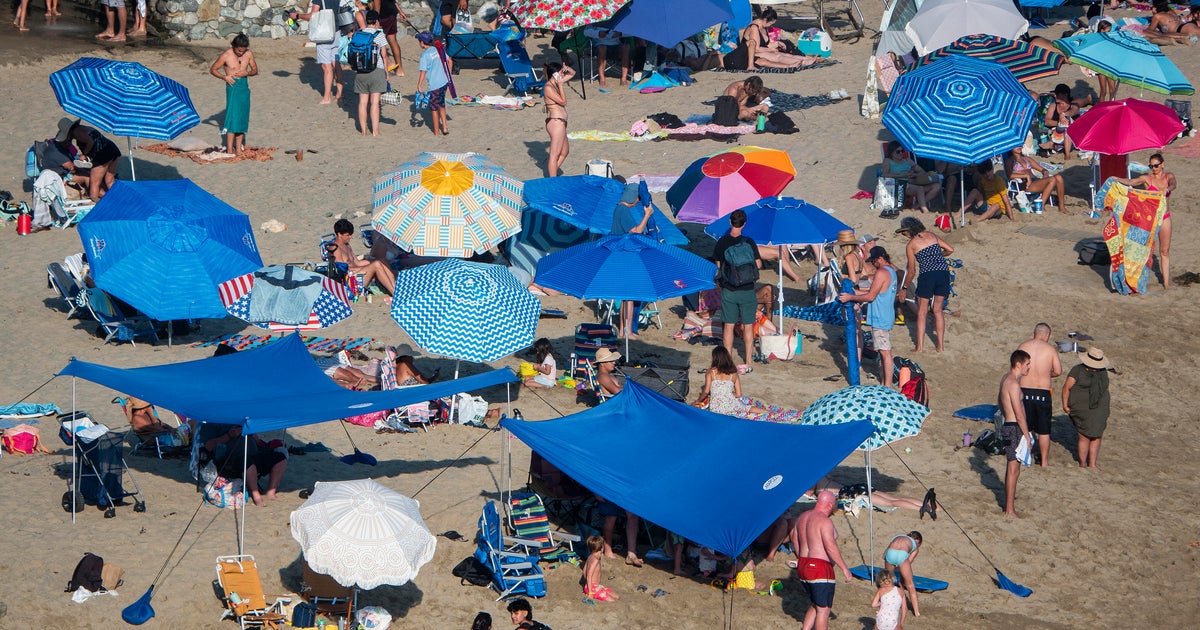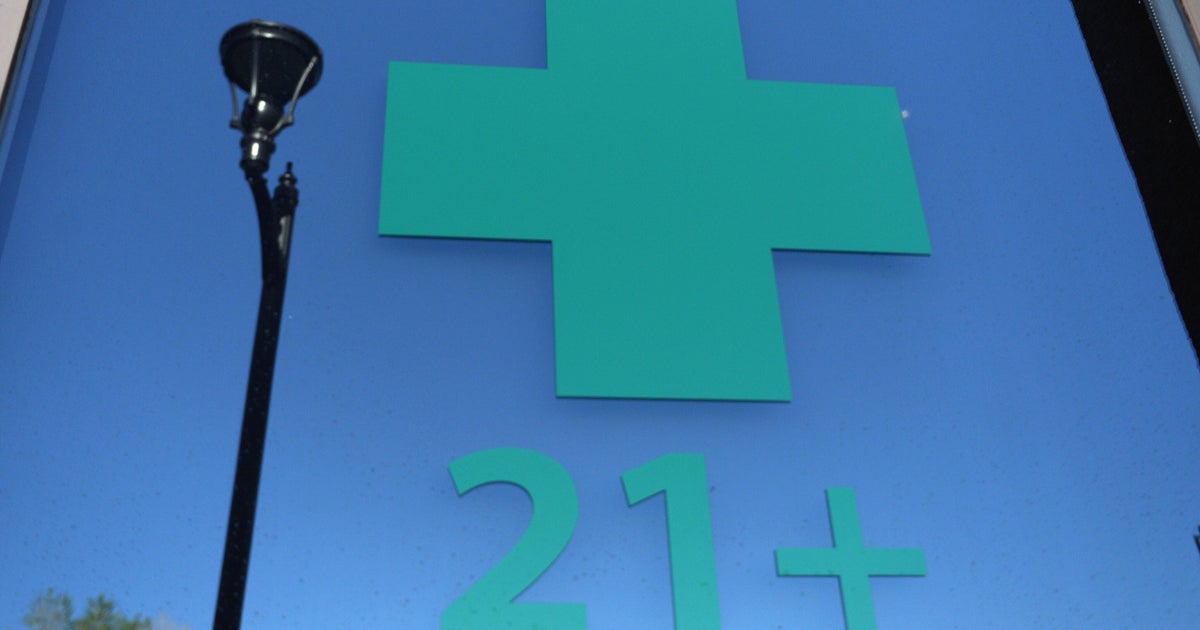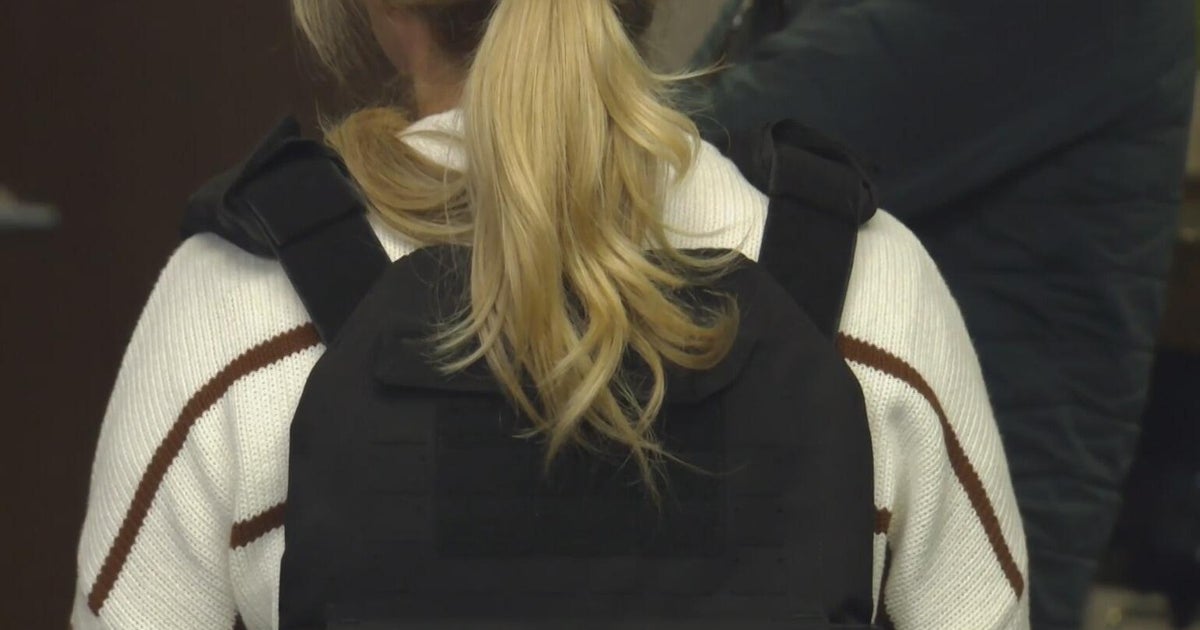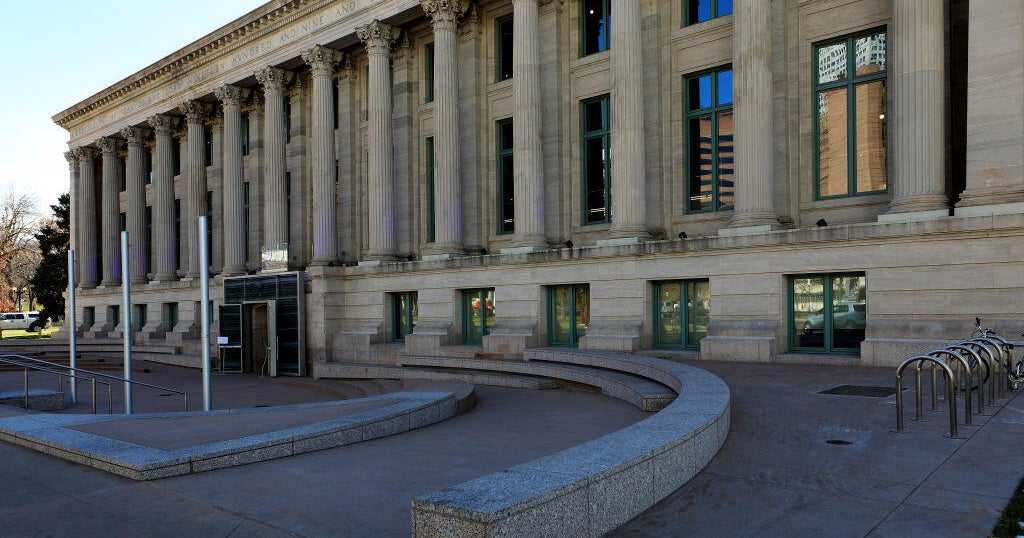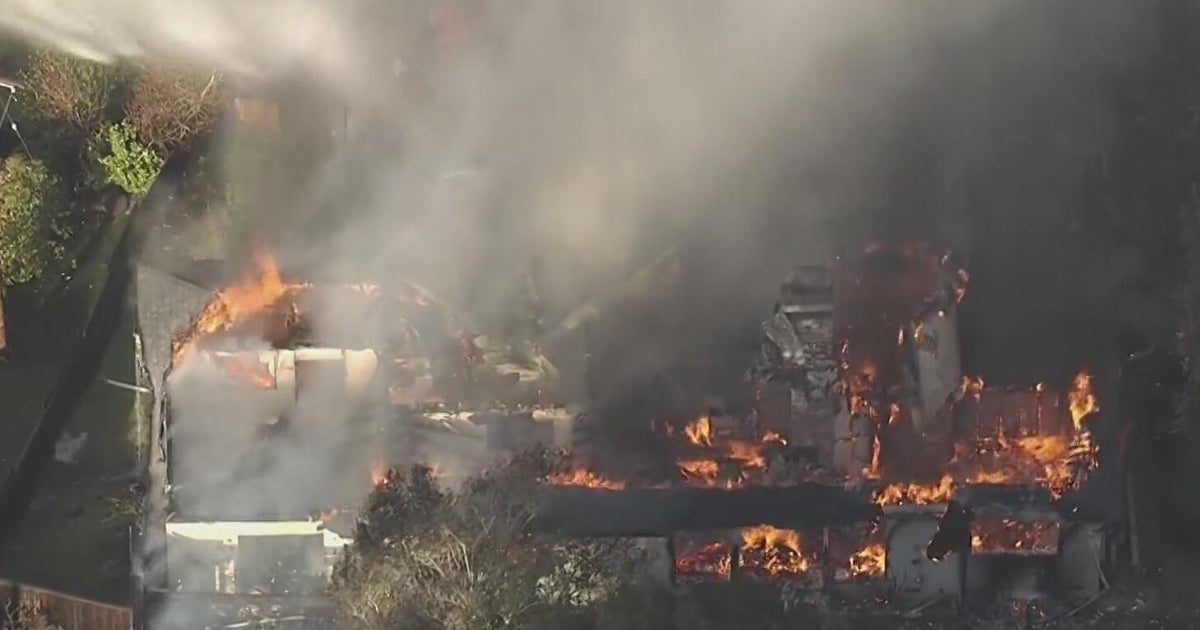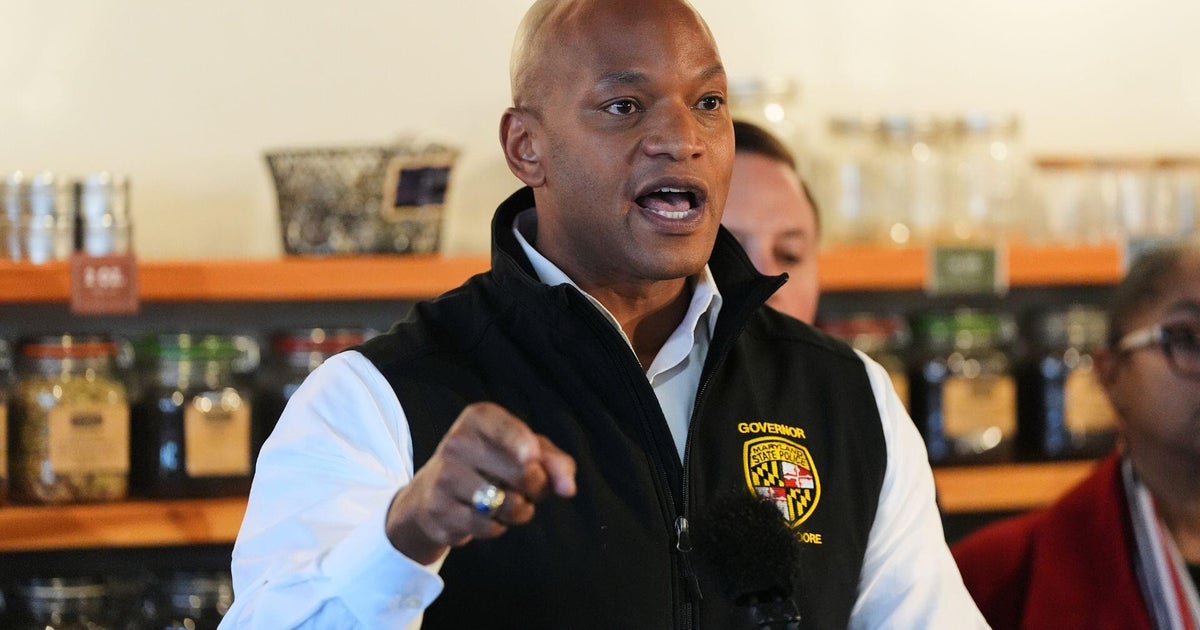NASA Safety Tips For Viewing Solar Eclipse
SAN FRANCISCO (CBS SF) -- With more than 300 million people in the United States having a chance to view the historic Aug. 21 total solar eclipse, NASA has issued some tips on how to enjoy the event safely.
When it comes to protecting your vision, the solar eclipse should be viewed only through special-purpose solar filters such as eclipse glasses or a handheld solar viewer.
NASA recommends that people who plan to view the eclipse should check the safety authenticity of viewing glasses to ensure they meet proper safety standards.
Eclipse viewing glasses and handheld solar viewers should meet all the following criteria:
- Have certification information with a designated ISO 12312-2 international standard
- Have the manufacturer's name and address printed somewhere on the product
- Not be used if they are older than three years, or have scratched or wrinkled lenses
- Do not use homemade filters, or be substituted for ordinary sunglasses -- not even very dark ones -- because they are not safe for looking directly at the Sun
"While NASA isn't trying to be the eclipse safety glasses 'police,' it's our duty to inform the public about safe ways to view what should be a spectacular sky show for the entire continental United States," said Alex Young, associate director for science in the Heliophysics Science Division at NASA's Goddard Space Flight Center in Greenbelt, Maryland.
"It's important that individuals take the responsibility to check they have the proper solar eclipse viewing glasses. With the eclipse a month away today, it's prudent to practice ahead of time."
An alternative method for safe viewing of the partially-eclipsed Sun is with a pinhole projector. With this method, sunlight streams through a small hole - such as a pencil hole in a piece of paper, or even the space between your fingers - onto a makeshift screen, such as a piece of paper or the ground.
It's important to only watch the screen, not the sun. Never look at the sun through the pinhole -- it is not safe.
NASA has coordinated with medical and science professionals to provide additional safety information. For details, visit: eclipse2017.nasa.gov/safety
More than 6,800 libraries across the U.S. are distributing safety-certified glasses. Many are working with scientists to hold viewing events and activities before and during the eclipse. For a listing of participating libraries, visit: starnetlibraries.org/2017eclipse
